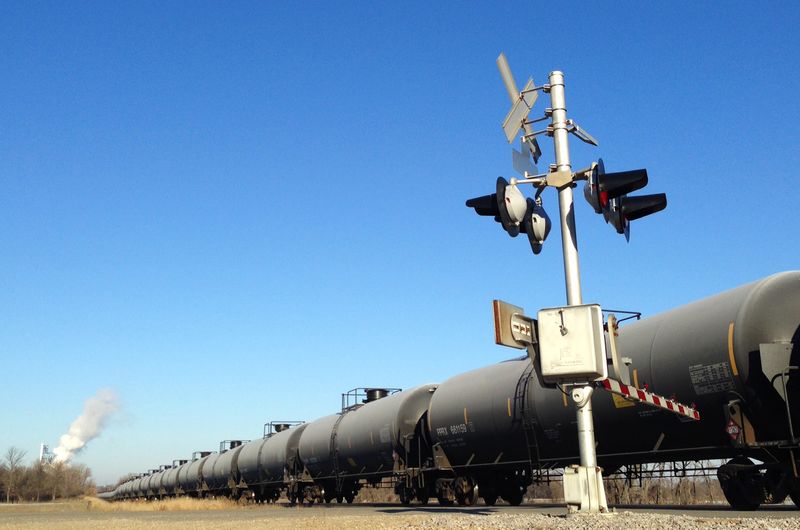President Biden’s Reforms on Public Land Drilling
Boosting Returns and Environmental Responsibility
Reforms to Public Land Drilling
President Joe Biden’s administration has finalized a series of reforms to enhance returns and address environmental concerns related to drilling on public lands. These reforms aim to raise fees for oil and gas companies operating on these lands.
Ensuring Public Benefit
Background on the Reforms
The Interior Department’s Bureau of Land Management (BLM) has introduced new rules following criticism from environmental and taxpayer groups. These changes align with provisions in the 2022 Inflation Reduction Act (IRA), a key climate change legislation by President Biden.
Key Changes in the Policy
Policy Impact
The new policy requires oil and gas companies to pay higher bonding rates to cover costs associated with abandoning wells and increased lease rents, minimum auction bids, and royalty rates for extracted fuels. Additionally, the rules aim to restrict drilling in sensitive wildlife and cultural areas.
Secretary Haaland’s Statement
Interior Secretary’s Perspective
Interior Secretary Deb Haaland emphasized the significance of these reforms, stating that they will cut down on wasteful speculation, increase returns for the public, and protect taxpayers from bearing environmental cleanup costs.
Industry Concerns
Oil and Gas Industry Response
While environmental groups applaud the reforms, the American Petroleum Institute warns that higher extraction costs from federal lands could increase reliance on foreign fuel sources, posing a risk to the U.S. energy supply.
Environmental Impact
Climate Concerns
Some organizations, like Friends of the Earth, express disappointment that the reforms do not adequately address the climate impact of fuel extraction on public lands. They urge a more comprehensive approach to tackling emissions.
Bonding and Fee Adjustments
Financial Obligations
Drilling companies will now face higher minimum lease bonds and royalty rates under the new rules. These adjustments aim to ensure companies are held accountable for future cleanups and address inadequacies in the existing bonding levels.
Conclusion
Looking Ahead
While the reforms mark a significant step towards more responsible drilling practices on public lands, ongoing efforts to balance environmental concerns with energy needs remain crucial.



